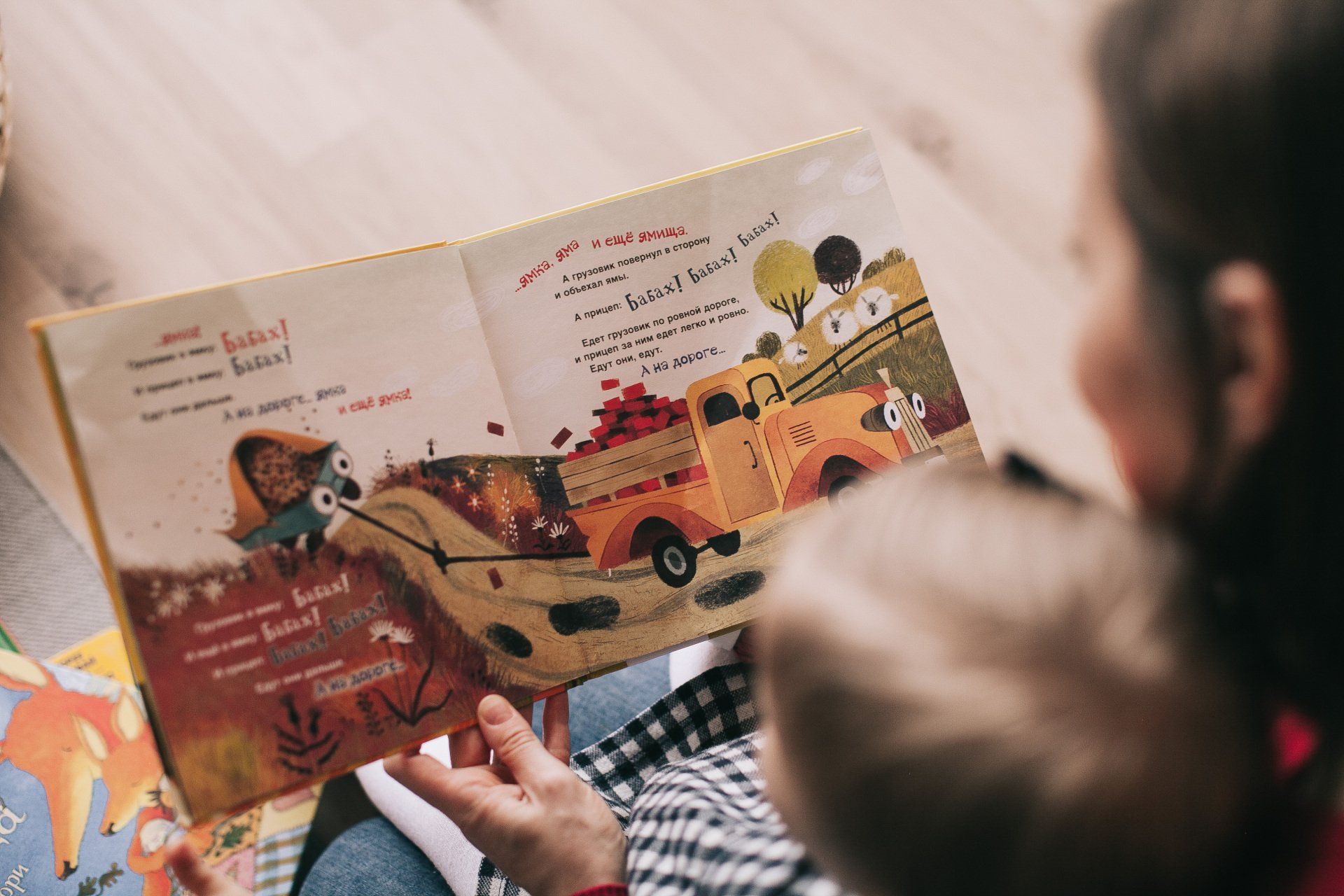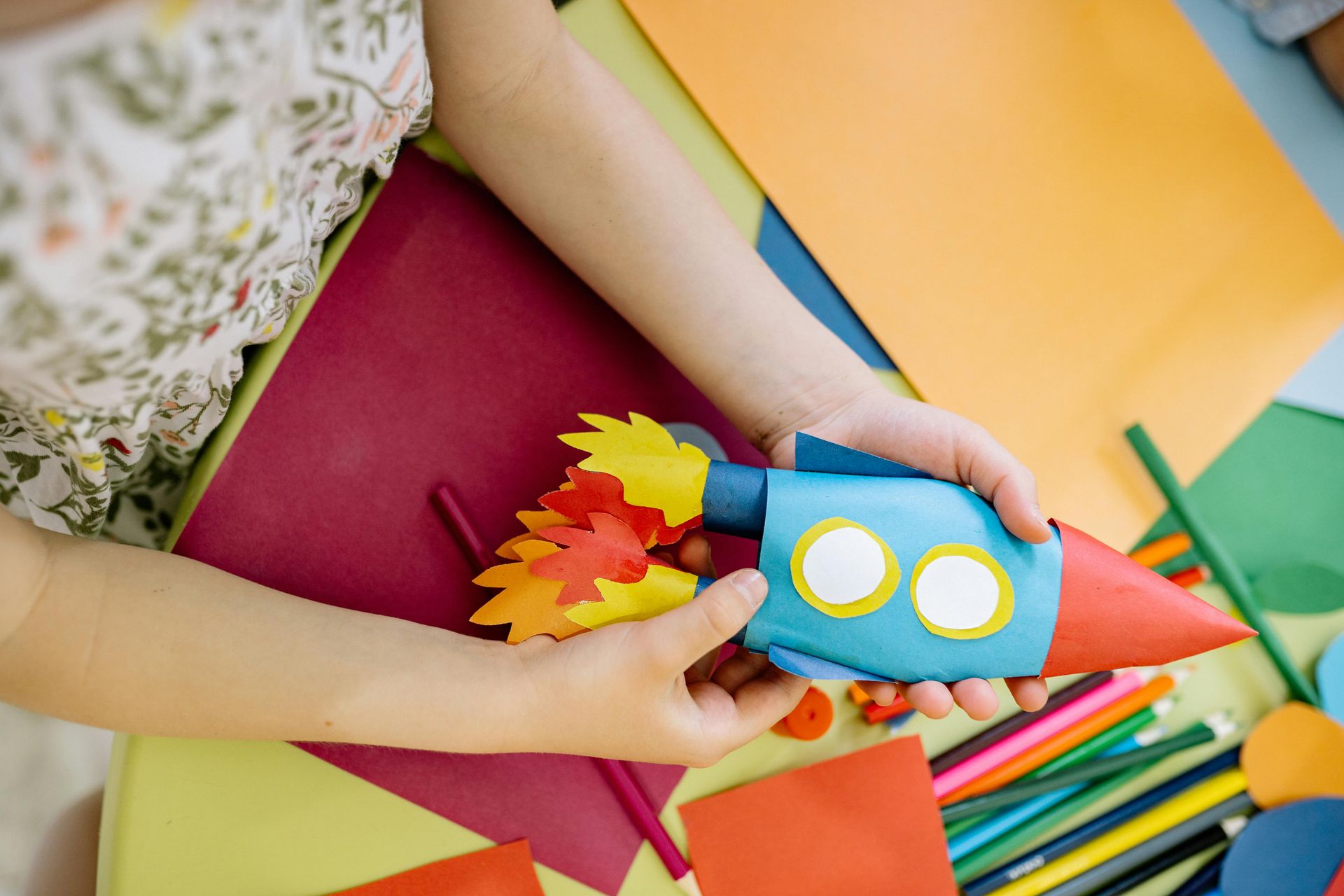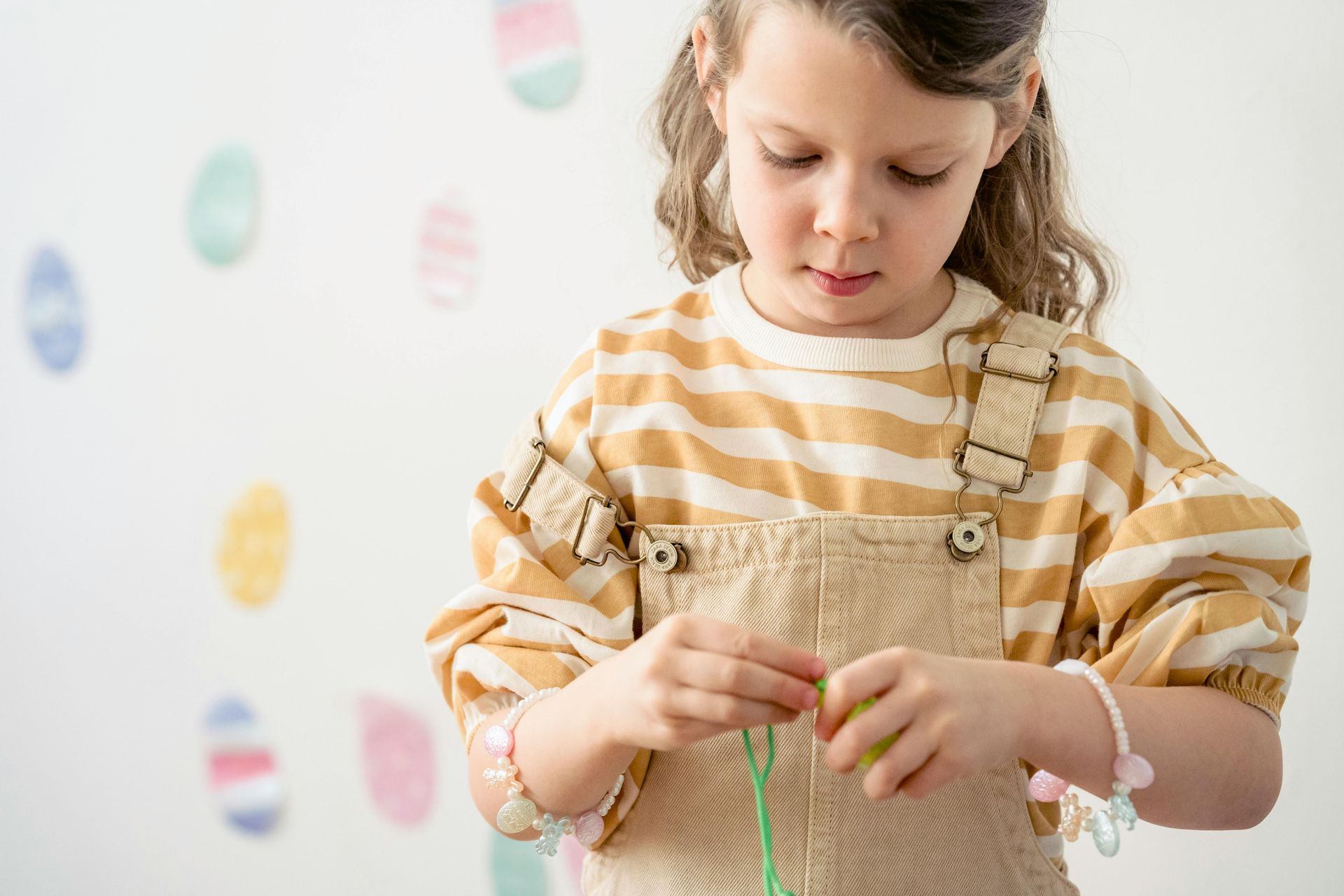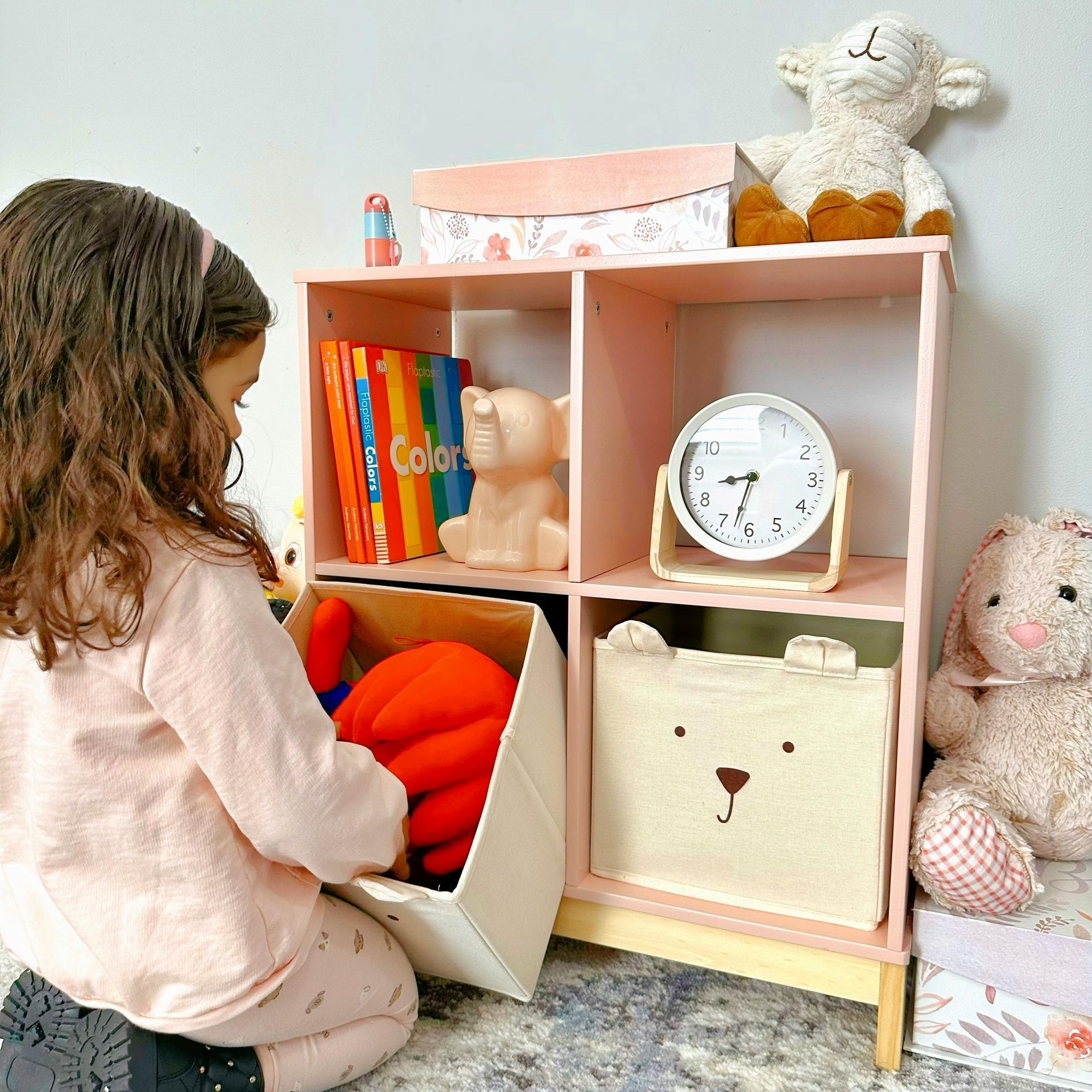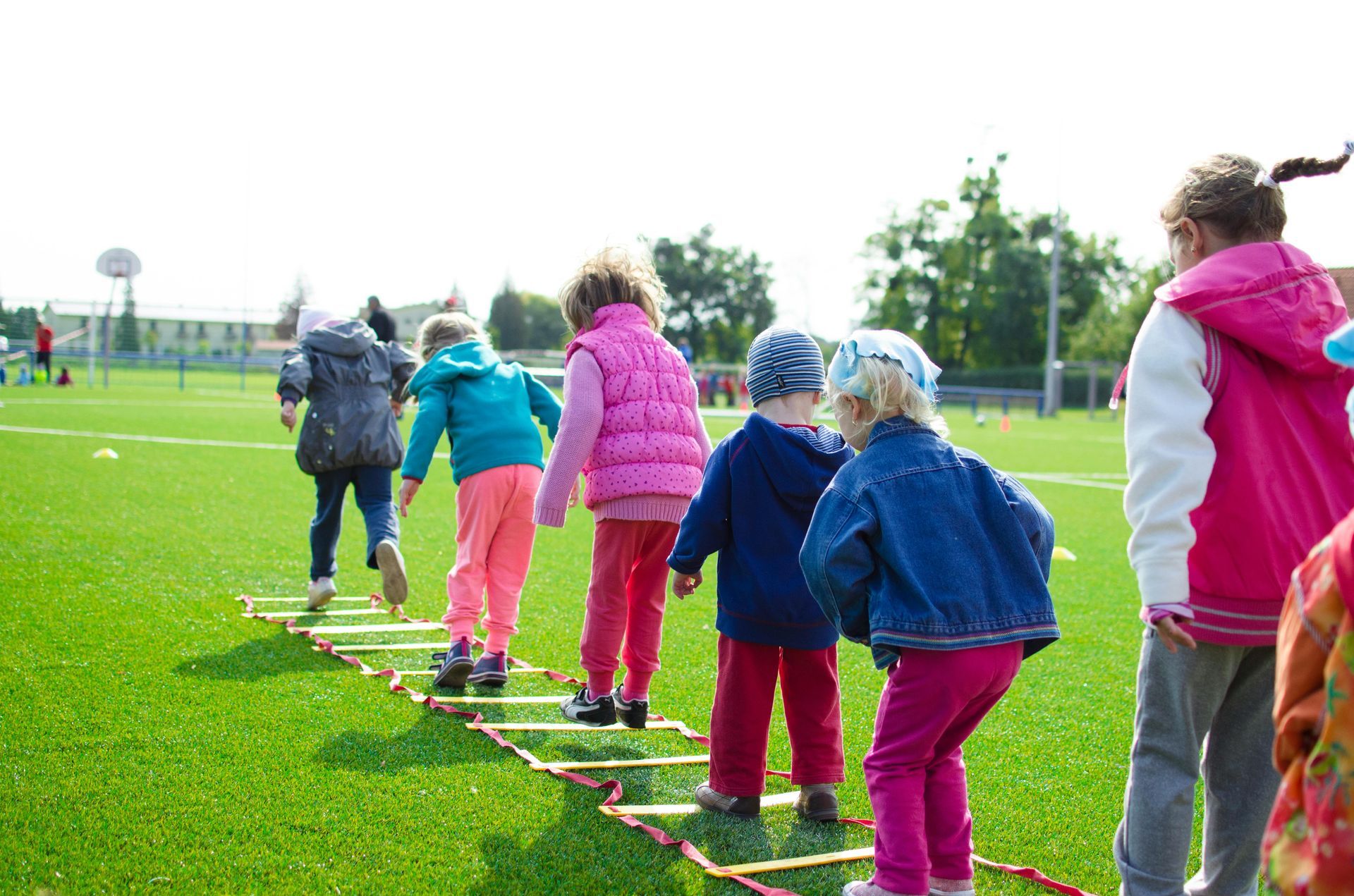The Role of Emotional Intelligence in Early Childhood Development

Emotional intelligence (EQ) is one of the most crucial skills a child can develop, influencing their relationships, learning abilities, and overall well-being. At Early Education Station Orlando, we recognize the immense value of fostering emotional intelligence from an early age. In this blog post, we will dive into how emotional intelligence develops in early childhood, the key components of EQ, and how our learning environment nurtures these essential skills.
What is Emotional Intelligence?
Emotional intelligence refers to the ability to understand, control, and express emotions effectively. It also involves the ability to empathize with others and navigate social interactions with sensitivity and awareness. For young children, emotional intelligence is a foundational skill that impacts every aspect of their lives—from how they manage frustration to how they build friendships.
Emotional intelligence is made up of five key components:
- Self-awareness: Recognizing and understanding one's own emotions.
- Self-regulation: The ability to manage and control emotions, especially in challenging situations.
- Motivation: Being driven to achieve goals and persevere in the face of setbacks.
- Empathy: Understanding and sharing the feelings of others.
- Social skills: Building healthy relationships, working with others, and resolving conflicts effectively.
At Early Education Station Orlando, we incorporate activities and lessons that promote each of these components, helping children develop their emotional intelligence as part of their daily routine.
How Early Childhood Education Develops Emotional Intelligence
1. Encouraging Emotional Awareness
For children to develop emotional intelligence, they first need to recognize and name their emotions. At Early Education Station Orlando, we provide ample opportunities for children to practice identifying their feelings through structured activities and discussions. By learning to recognize emotions, children gain the ability to express themselves in healthy ways.
Example: Teachers guide children through activities where they identify emotions by looking at facial expressions or by sharing how they feel at the beginning or end of the day. Simple tools like emotion charts or feeling faces help children name emotions like happiness, sadness, anger, or frustration.
How it Helps: By understanding and naming their emotions, children become more self-aware. They also begin to realize that their emotions are natural and part of human experience, making it easier for them to manage feelings in the future.
2. Teaching Self-Regulation
Self-regulation is the ability to control one’s emotions and behaviors, particularly in challenging or frustrating situations. Learning how to manage emotions is essential for children, especially as they face situations that might trigger frustration, excitement, or even fear.
Example: When a child becomes upset because they can’t finish a task, teachers use calming strategies such as deep breathing or quiet time. Through role-playing and guided activities, children practice ways to calm themselves down when feeling overwhelmed.
How it Helps: Self-regulation improves a child’s ability to focus, persist in tasks, and manage stress. By practicing self-control, children learn how to maintain their composure in difficult situations, which is crucial for academic and social success.
3. Building Empathy Through Social Interaction
Empathy is a key component of emotional intelligence and involves understanding and sharing the feelings of others. Early childhood education provides children with opportunities to practice empathy as they engage in cooperative play, share toys, and interact with their peers.
Example: Teachers use group activities to encourage empathy. For instance, when a peer is upset, children are guided to offer comfort and help their friends calm down. Storytelling is another great tool, as children can better understand the perspectives of others through characters and situations in stories.
How it Helps: By learning empathy early on, children develop strong social connections and a sense of kindness toward others. This ability also makes it easier for children to build positive, lasting relationships both in and out of school.
4. Fostering Social Skills and Conflict Resolution
One of the most important aspects of emotional intelligence is the ability to resolve conflicts peacefully and communicate effectively with others. Early childhood education offers countless opportunities for children to practice social skills such as sharing, cooperating, and communicating clearly. Through guided interactions, children learn the importance of negotiation and compromise.
Example: When conflicts arise in group play, teachers guide children to discuss the issue calmly, listen to each other’s perspectives, and find a solution that satisfies both parties. They encourage phrases like “I feel…” to express feelings and “How can we solve this?” to promote problem-solving.
How it Helps: Children who learn social skills and conflict resolution strategies early on are more likely to manage disagreements constructively as they grow. These skills will benefit them in school, at home, and in their future careers, enabling them to form strong interpersonal connections.
5. Incorporating Emotional Intelligence Into Daily Activities
Emotional intelligence is not something that can be taught in a single lesson—it must be woven throughout the fabric of a child’s daily life. At Early Education Station Orlando, emotional intelligence is integrated into everyday activities, from circle time discussions to group projects, ensuring that children are consistently building their emotional and social skills.
Example: During group play, children are encouraged to express how they feel about the game, interact kindly with others, and share toys. Teachers frequently incorporate emotional discussions into various parts of the day, helping children connect emotions to specific situations or activities.
How it Helps: Consistent practice helps emotional intelligence become second nature. Children who regularly engage in activities that foster self-awareness, empathy, and self-regulation will carry these skills with them throughout their lives.
How Early Education Station Orlando Nurtures Emotional Intelligence
At Early Education Station Orlando, we’re committed to supporting the emotional and social development of every child. We achieve this by:
- Providing a Safe, Nurturing Environment – Our classroom environment is designed to be a safe space where children feel valued, respected, and encouraged to explore their emotions without fear of judgment.
- Incorporating Mindfulness Practices – Activities like breathing exercises and moments of quiet reflection are part of our daily routine to help children manage stress and develop self-regulation skills.
- Modeling Emotional Intelligence – Our teachers act as role models for emotional intelligence, demonstrating how to express emotions, handle frustration, and resolve conflicts calmly.
- Promoting Positive Peer Interactions – Through group activities, collaborative projects, and cooperative play, children have ample opportunities to practice social skills and build friendships.
Explore how early learning environments nurture strong communication abilities and inspire a passion for knowledge in
How Early Childhood Education Enhances Communication Skills for Lifelong Success and
Creating a Lifelong Love for Learning: The Importance of Early Childhood Education.
Conclusion
Emotional intelligence is an invaluable skill that lays the foundation for success in all aspects of life. By teaching young children how to recognize and regulate their emotions, empathize with others, and develop strong social skills, early childhood education helps children build a solid foundation for personal, academic, and social success. At Early Education Station Orlando, we are proud to foster emotional intelligence in a nurturing environment, ensuring that each child grows into a confident, empathetic, and socially adept individual.

